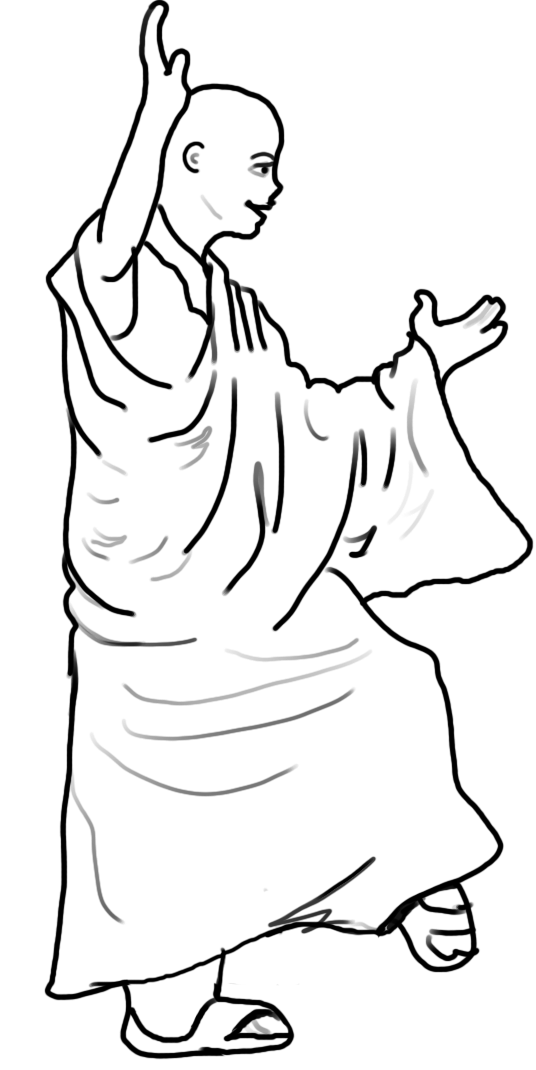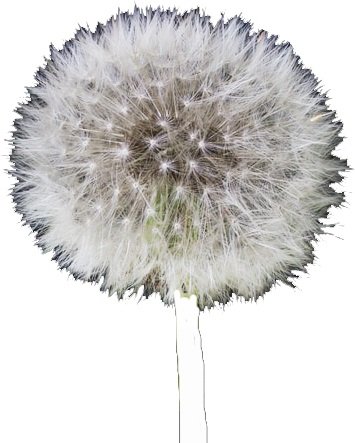
About the Course
***Losar and Fall Debate Schools were held for three consecutive years from 2023-2025. You can get an idea of the structure of the course with the video and description below. Please note this website is undergoing rennovations.
Below you will find general information about the course, a daily schedule, and a course syllabus. Materials to study before the beginning of the course will be sent by email as the Debate School approaches.
Who?
Anyone who desires to improve their reasoning and increase their wisdom through the tried and true technique of Nalanda Debate is welcome to attend the Losar Debate School. Seats are limited to 30 students. Seats will be given on a first-come, first-served basis.
What?
A one-month intensive workshop in Nalanda Debate held in person at Sera Jey Monastery. Each day will consist of class and two periods of debating with your classmates and experienced tutors. Students will be asked to watch pre-recorded videos with background information and to review written materials both before and during the course. The course content draws from the standard introductory debate course called Dudra, which consists of a range of topics and logical frameworks that develop a unique skillset, enhancing one’s logic. The course will provide a solid philosophical foundation for further study and mind training. A final written and debate exam will be held at the end of the course. The language medium is English.
Where?
Sera Jey Monastic University, Bylakuppe, Karnataka, India. The nearest major city is Mysore (two hours by car) and the nearest international airport is in Bangalore (five hours by car). For information about accommodations, visit the Life at Sera Jey page.
When?
February 6 - March 6, 2025
Daily schedule is below.
Why?
To learn a new method of engaged critical analysis in order to enrich one’s investigations and enable a broader and more nuanced way of thinking about science, philosophy, life, and the personal process of spiritual transformation. To develop sufficient debating and logic skills to be able to confidently debate about any topic and continue a debate practice into the future.
How much?
The Losar Debate School is being offered freely, courtesy of Sera Jey Monastery. Students are requested to make a modest donation to confirm their commitment to the course upon registering, and there will be opportunities to make donations during the program.
Daily Schedule
The following schedule is the same for each day, except for Mondays, Tuesdays, and where indicated on the course calendar. Mondays only have the morning debate session. Tuesdays are days off. Optional outings on Tuesdays are planned - Sera Jey will organize transportation, but students who wish to go will have to cover their own expenses. On the two Late Nite Debate days, there will be no evening debate period at 6:00 pm; instead, there will be a group debate from 8:00 pm until midnight. Regular debate periods will alternate between partner debate and group debate.
6:00 - 6:45 am - group meditation
7:00 - 7:30 am - breakfast
7:45 - 8:30 am - essential buddhist principles and meditation (teachings on bodhicaryavatara)
8:45 - 10:15 am - debate/philosophy class
10:30 am - 11:30 pm - morning debate session
11:30 - 12:30 pm - lunch
2:00 - 3:00 pm - debating tutorial and review class OR self-study
5:00 - 5:30 pm - dinner
6:00 - 8:00 pm - evening debate w/ prayers and group discussion
Course Syllabus
You are not expected to be familiar with the topics that are listed below. They are drawn from the Intro to Logic and Debate course (aka Dudra), which itself is drawn from the textbooks of the 6th century philosopher-meditator Dharmakirti. These textbooks - called Pramana - cover a range of topics that would fall into the modern academic disciplines of Epistemology, Logic, Dialectics, Linguistics, Cognitive Theory, Psychology, and Buddhist Philosophy. Thus, the subject matter of our course touches each of these disciplines.
The practice of Nalanda Debate itself finds its home in these topics, but has applications far more broad; it can be used to analyze any topic of interest. The Nalanda Debate method creates an environment where one’s innate intelligence and creativity are beckoned to the fore by having to respond to very pointed, focused questions in a way that is not found in typical academic settings, group discussions, or public discourse.
The course will revolve around the driving question - “What is the nature of perception?” Please note that the syllabus is being reworked and is subject to change - the syllabus below will give you a rough idea of the subjects that we’ll cover, but is not the exact syllabus for the course.
-

Week 1
Basics of debate: learn the debate format and debate strategies using material from the World of Our Senses;
Overview of the structure of the lessons in Tibetan textbooks (Refute, Reveal, Respond) and the unique ways of classifying objects/concepts in Nalanda logic.
-

Week 2
Explore of the World of Our Senses;
Get introduced to basic conceptual tools of Nalanda Tradition logic, like One/Different and Definition/Definienda;
Begin debating questions that incorporate scientific concepts i.e. light and the EM spectrum, the sensory-motor nervous system, etc.
Learn about the intertwined ontology and epistemology (what exists and how we come to know about what exists) of the Nalanda Tradition.
-

Week 3
Take a look at the mind with some fundamentals of Nalanda psychology - Conceptual vs non-conceptual minds; valid direct perceivers vs valid inference; possibility of an omniscient mind; minds aligned with their objects vs. minds misaligned with their objects.
Develop an essential analytical tool for understanding how conceptual thought and language function - Learning to Identify Isolates.
-

Week 4
Learn about the many different ways of considering the all-important topic of cause and effect, together with the closely related topic of time;
Explore the different types of relations that objects can have.
-

Week 5
Learn how to discern between Negatives (objects whose cognition involves a process of explicit negation) and Positives (objects which don’t involve such an explicit negation)… and how that helps you to understand the final nature of oneself and of all things.
